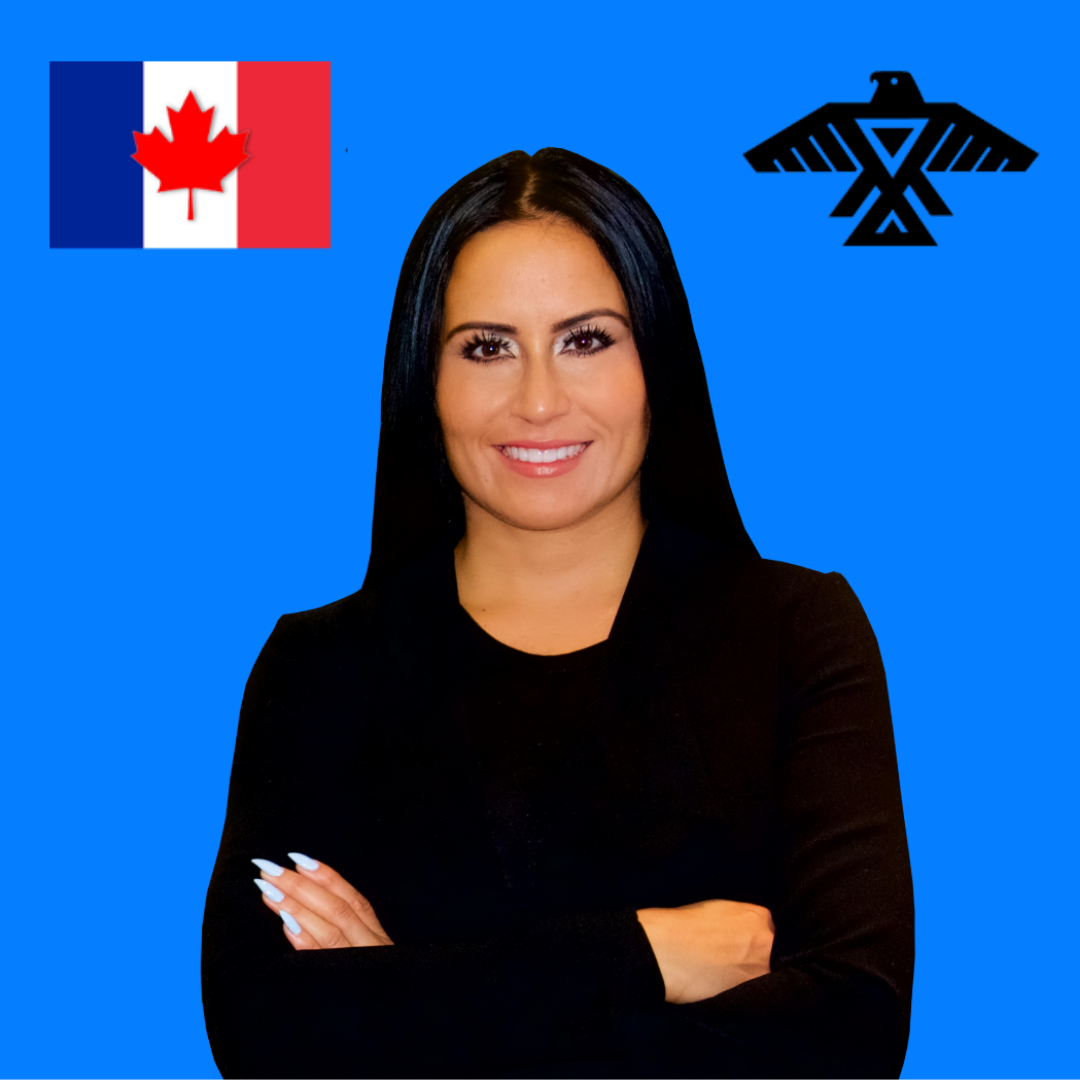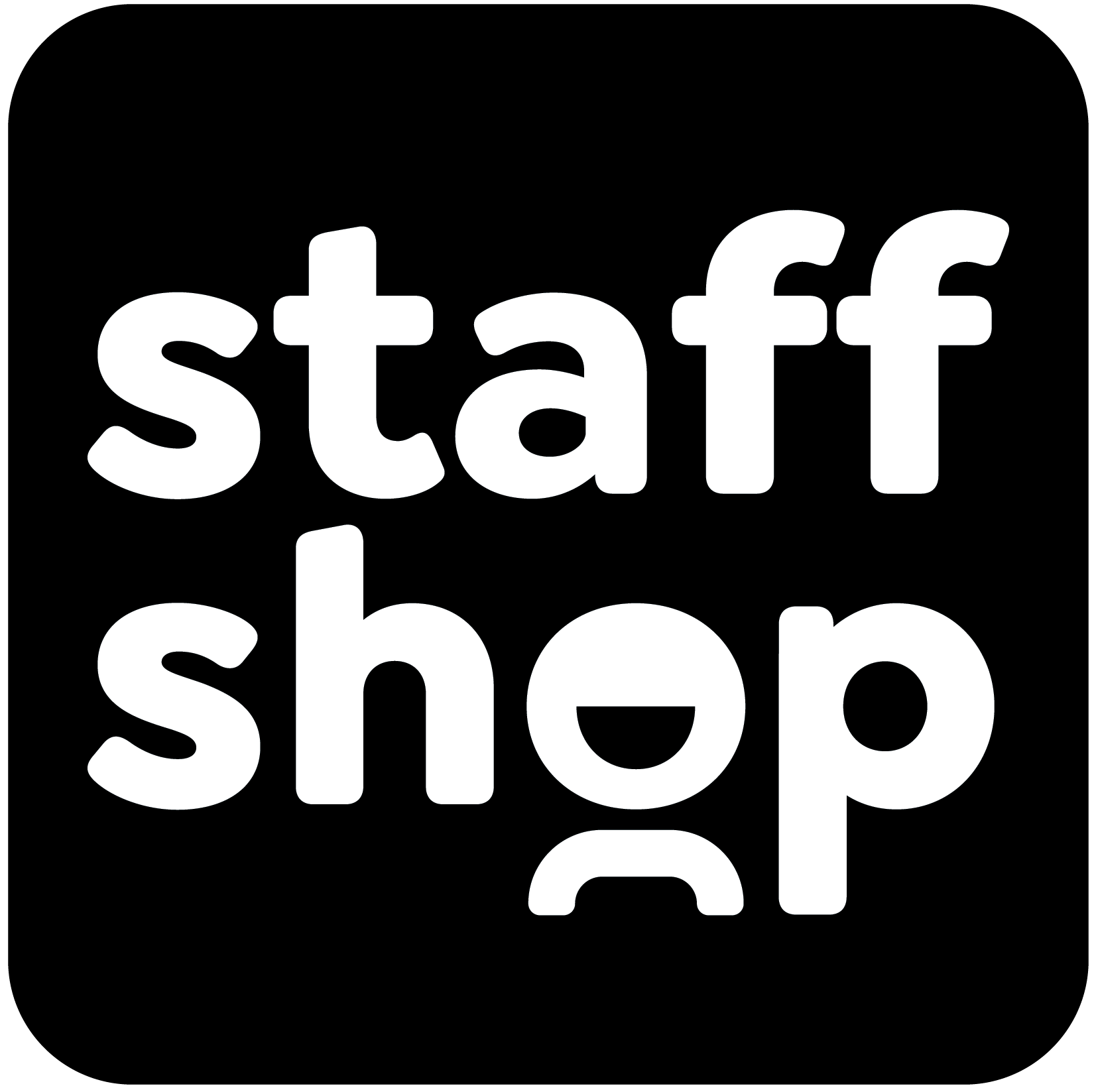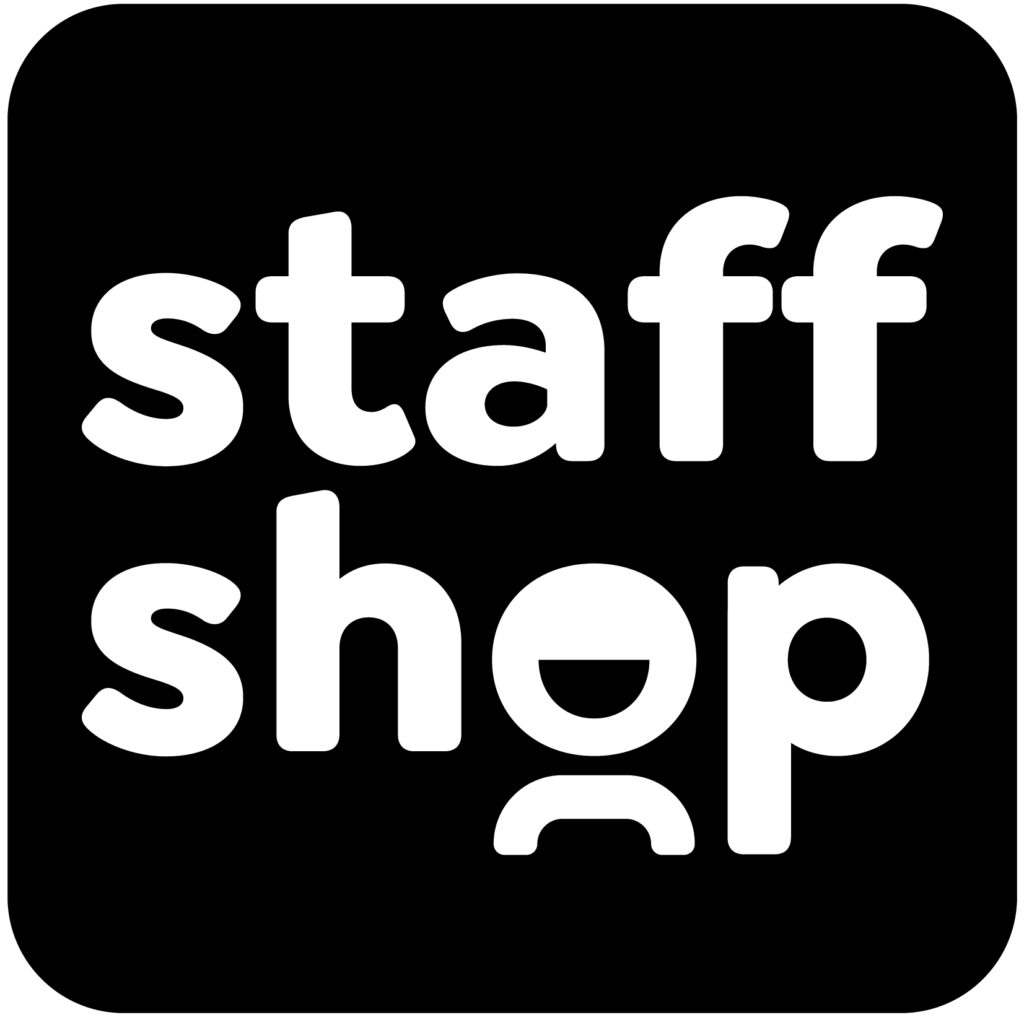“If you talk to a man in a language he understands, that goes to his head. If you talk to him in his own language, that goes to his heart.” — Nelson Mandela
Spoken language is one of the oldest forms of communication in the world. Egyptian (Coptic) is the oldest spoken language in the world (2690 BCE). Though this language is rarely used today, its existence shows that we as humans have been using language to survive and thrive for a very long time.
In terms of modern times, there are over 200 languages spoken right here in Canada, as well as 60 Indigenous languages. As a bilingual country, we have many French speaking Canadians, however, outside of Quebec, New Brunswick, and parts of Northern Ontario, many French-speaking Canadians feel anxious speaking their native language in Anglo-centric provinces. Our own founder and CEO, Jennifer, often feels ill-prepared when asked to do a speaking engagement in French, though she is bilingual. She recently got out of her comfort zone and did it! Her takeaway from this experience? If you don’t use it, you lose it. And everyone seems to experience language insecurities which unfortunately, becomes an excuse to avoid practicing. Your audience is not that critical – most appreciate the effort, and basic comprehension is all it really takes to keep a conversation moving forward.
This experience sparked this topic – on utilizing our language skills whenever possible.
Find a Community
Though 1.5 billion people speak English globally (as either a first or second language), there are still many other languages used. Language is more than a communication tool, it’s a part of a person’s identity. While new Canadians learn English to assimilate and get jobs, it’s important to find your community so that you can maintain a connection to your first language.
In bigger cities, such as Toronto, Vancouver and Montreal, you might be able to connect with others who speak your language in person. For those living in smaller, less diverse communities, it might be harder to find others like you. But for you, there are other ways to connect. There are online communities, as well as apps that allow you to maintain your first language, while learning another.
For Indigenous peoples, practicing their language is almost a political statement. By maintaining their culture, they are preserving their history that colonizers attempted to erase. Jennifer has always felt some regret over not learning Ojibwe from her grandmother when she was alive. So, if you have an opportunity to learn a language from a loved one, don’t shy away.
Be Brave
Speaking another language is a gift. Many people who know second or third languages lack the confidence to use them. They’re afraid that the native speakers will criticize them for mistakes or mispronunciations. They’re afraid that they don’t have the proper accent. Many new Canadians face this when learning English. They worry that they don’t know how to say certain words. They’re scared to go outside their comfort zone.
Learning a new language is hard. Especially as an adult. Though you might have doubts, realize that having language skills are powerful tools. They allow you to communicate, form bonds, share experiences, survive and thrive. When you shut the door on that, because you’re worried your language skills aren’t perfect enough, you’re doing yourself a disservice.
Talk to our founder & CEO
Jennifer Ménard-Shand is an excellent resource when it comes to overcoming adversity. As an Indigenous-French-Canadian, her story may inspire you to take on your challenges to achieve great things. When it comes to her northern Ontario Franco-phone speech, Jennifer now knows not to let the fear of sounding funny or different vs Parisians for example, stop her from speaking. This ties back to our blog on imposter syndrome. Feeling like a fraud, or less than perfect shouldn’t stop you from practicing a language. Practice makes progress. And it’s progress that matters – not perfection.
Contact us
As always, we invite you to Join Us or Hire Us. You can also book Jennifer for speaking engagement in English or French, on a variety of topics – from business to truth and reconciliation.

